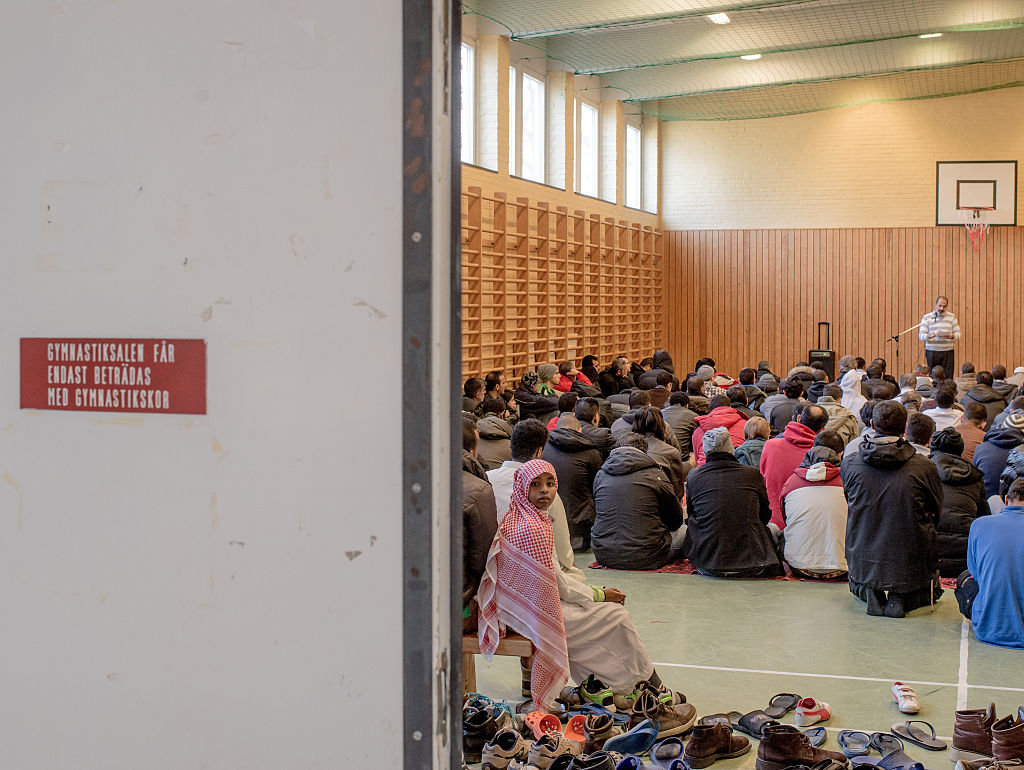The Swedish Government, in collaboration with the Sweden Democrats, has proposed a relocation grant of up to 350,000 krona (€30,000) for each migrant who wished to return to their home countries as part of the upcoming autumn budget.
The initiative is designed to encourage voluntary return migration, particularly for those who have struggled to integrate into Swedish society.
Ludwig Asplen, the Sweden Democrats’ party spokesperson for migration policy, stated on September 12 that the relocations should be completed by 2026.
“Sweden needs return migration to address the problems caused by mass immigration,” he noted, adding that regulations would also be reviewed to prevent fraud and abuse.
Sverige behöver återvandring för att komma till rätta med alla de problem som massinvandringen orsakat.
Sverigedemokraterna och regeringen genomför nu en satsning för att stimulera den frivilliga återvandringen.
Vi avser därför att höja bidraget för återvandring väsentligt… pic.twitter.com/2HRqc6FrU4
— Sverigedemokraterna (@sdriks) September 12, 2024
According to Swedish MEP Charlie Weimers, this step was necessary “to make Sweden safe again the Sweden Democrats are ending decades of liberal migration policy through our agreement with the current government.”
Currently, financial support for refugees wishing to leave Sweden is capped at 10,000 krona (€800) per adult.
The grant covers travel costs for individuals with a refugee background who hold Swedish residence permits, but not citizenship, and their immediate families. Applicants must demonstrate they have the means to fund the journey and that they are accepted in their intended destination country.
By increasing the grant to 350,000 krona (€30,000) the Swedish Government aimed to stimulate voluntary return migration.
This incentive is part of broader scheme, according to the Sweden Democrats, the largest member of Sweden’s right-wing governing bloc.
Charlie Weimers told Brussels Signal: “One goal of the new and more restrictive policy is to stop the inflow of new migrants and increase remigration utilising both carrot and stick. Increasing the financial benefit to leave is a first step.”
He added that Sweden could intensify the remigration process if the current approach was deemed “unsuccessful”.
“If incentives to increase voluntary remigration are unsuccessful, the Sweden Democrats will insist on other means, including forced deportations,” he said.
In a review of the incentives for voluntary return migration commissioned in 2023 by the the Swedish Government and published in June 2024, one of the key finding was that relatively few individuals utilised the scheme each year, raising questions about its effectiveness.
According to the review, only a small number of people have taken advantage of the scheme. In 2023 just 70 cases were reviewed.
Foreigners in Sweden commit a disproportionate amount of “benefit fraud,” research has found. @gunnaraxen https://t.co/2sh6Z1cdAb
— Brussels Signal (@brusselssignal) August 13, 2024
The investigator behind the recent report expressed concern that increasing the grant could discourage efforts to integrate, instead signalling that Sweden no longer wanted them.
“An emigration grant that is justified by the aim to benefit public finances, sends a signal to the grant’s target group that they are not welcome in Sweden – even to the extent that Sweden is willing to pay large amounts to get rid of some of them.
“Such a signal could hardly not have a negative impact on the target group’s willingness – and outlook on their opportunities – to become an integrated part of Swedish society,” the report stated.
Its authors argued that could have negative consequences for Swedish society: “This could have consequences such as lower labour market participation and more crime among the immigrant groups that the grant targeted.”
For the first time in 50 years, Sweden has recorded net emigration as migration to the country has fallen, according to government data. https://t.co/Nl1tbYSc8e
— Brussels Signal (@brusselssignal) August 20, 2024





